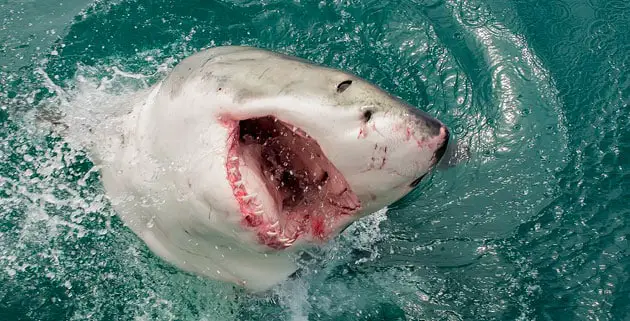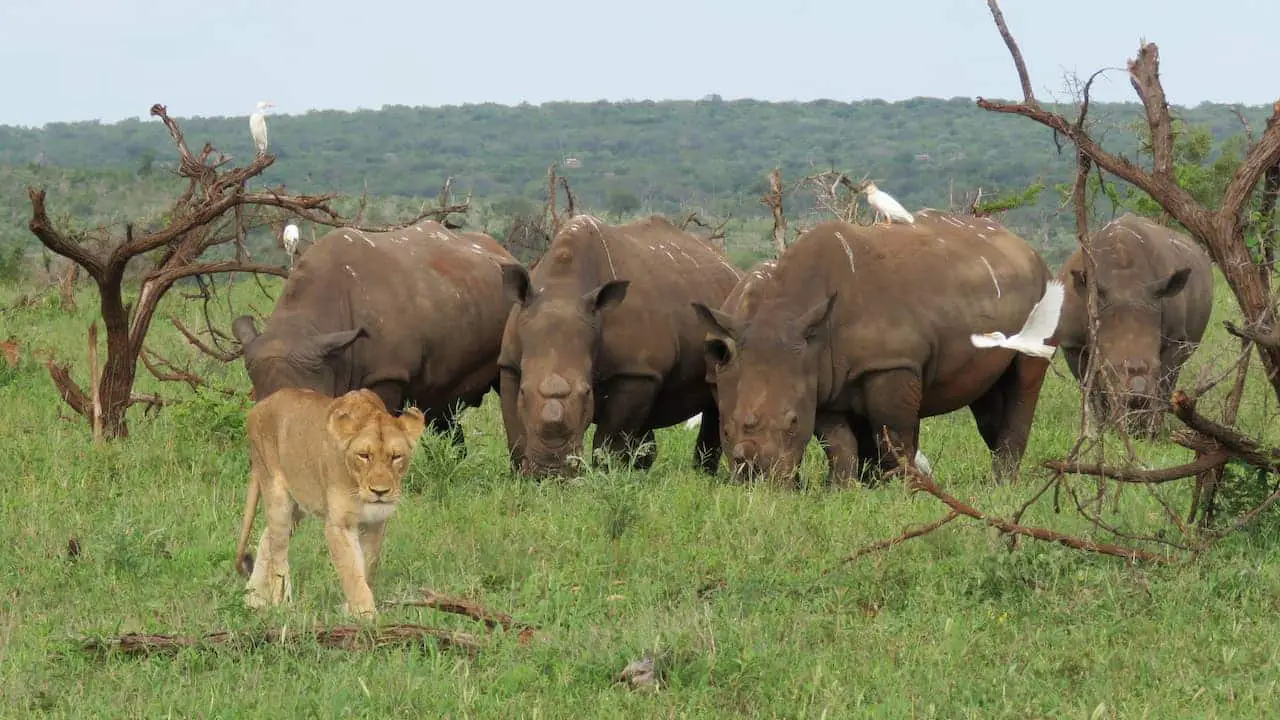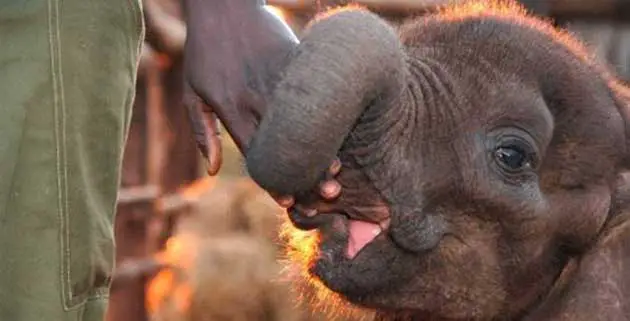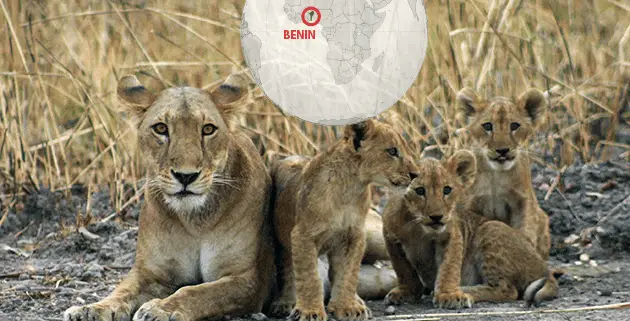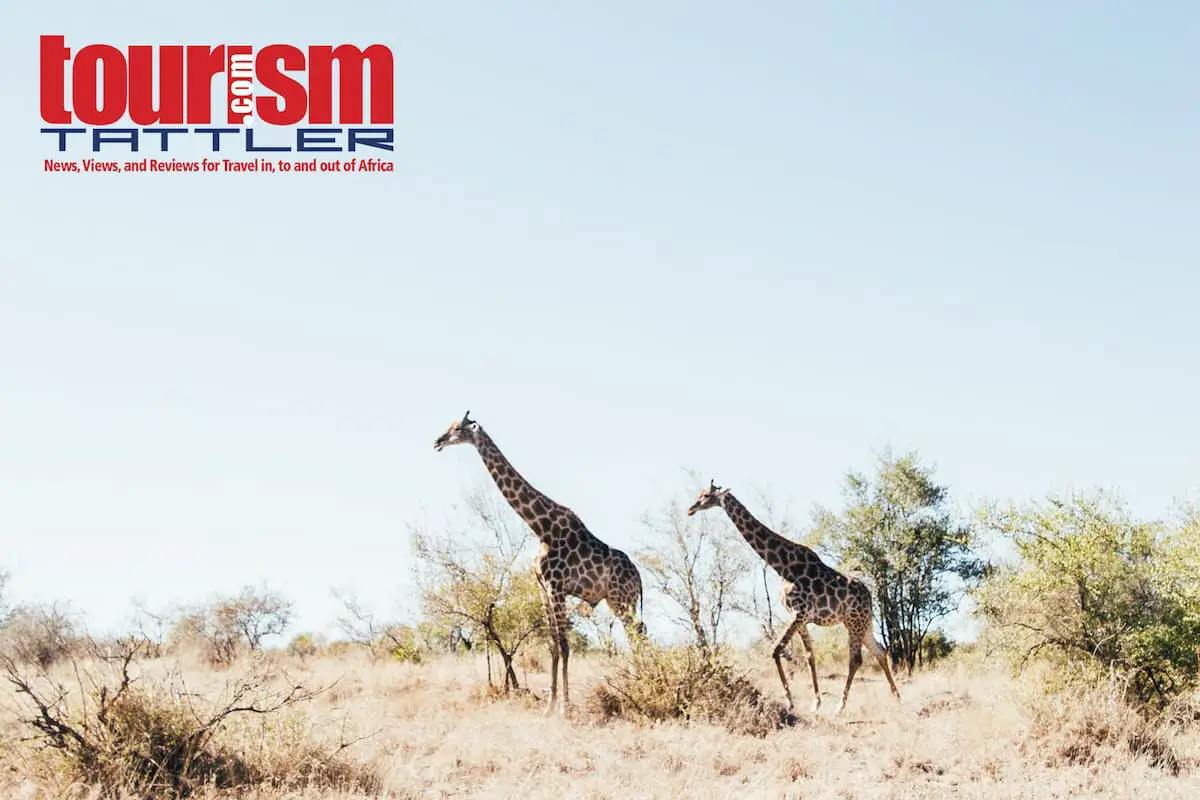2015 – Year of the Rhino?
Unofficially, the national statistic for rhino poaching deaths in South Africa during 2014 is 1173 – will 2015 be any better? By Tourism Tattler contributors, Trevor & Susan Barrett.
Even the official statistic of 1020 poached rhino (as at 20 November 2014 – see table below) is hard to accept. What’s worse, is that it equates to one rhino poached every 8 hours. South Africa and its national parks should be in lockdown mode, and globally we should all hang our heads in shame for standing by as one of the most iconic animals in Africa – on the planet – slowly slides toward extinction.
According to the IUCN, it was estimated that as of 2010 South Africa had 20,711 rhino. These are extremely sobering, and frightening, statistics. 2014 was a very bad year for rhino, and 2015 might not be a happy one for them either unless the government of South Africa stops talking and gets moving alongside the many people who are desperately trying to save rhino every day.
There are many people out there working night and day to try to stop this horrific slaughter. Game guards, field rangers, canine and foot patrols, fundraisers, NGO’s and conservation organisations, social media sites, private rhino owners and orphanages…the list goes on. But where is the South African government’s sense of urgency and outrage in all of this?
Here is an excerpt from the Minister of Environmental Affairs, Mrs Edna Molewa’s speech in Parliament, 02 Sept 2014:
“Honourable Members, the lure of the poacher is a strong one…especially if you believe your future to be bleak and your prospects to be non-existent.
But it is a road we are determined to dissuade them from taking. And it starts with the young. The seeds of national pride in our rhino and its protection are most fertile in the minds of the youth. The values of pride, responsibility, and duty to protect – once successfully instilled in them, never leave. But we cannot promise them words alone. It is our responsibility to redirect the energies of the young towards useful, income generating projects that mean they remain far from the poacher’s snare.
Our very first impressions of the recently convened public hearings into rhino poaching tell us that if offered alternatives, communities are inclined towards upliftment and conservation – not crime.
We are a country committed to sustainable utilization of natural resources. Which is why Cabinet has also authorized my department to explore the feasibility of a legal trade in rhino horn products. The application of economic fundamentals to issues around a proposed legal trade, also known as rhinonomics: is among the terms of reference of a Panel of Experts appointed to look into this issue ahead of the CITES Conference of Parties in 2016.”
We agree with the minister that conservation starts with the young, and that the responsibility to protect must be instilled from an early age. But we must still ask the question: how will rhinonomics provide “income generating projects” for youth that will save the rhino? This is just one of the unanswered questions that the DEA and ANC have evaded since 2012, when the Rhino Issue Management (RIM) Workshops were held to address the issues of rhino safety and security, and commerce; we have yet to hear the detail on how ‘rhinonomics’ would work in practice. The legal trade debate in rhino horn has been a constant distraction during the last four years of escalating criminal activity and uncontrolled poaching.
Too much time has been wasted discussing, debating, and deliberating- in other words, dithering. While rhino are dying.
Prioritise rhino poaching in 2015. Put it high on the political agenda where it belongs. Educate people and politicians to the desperate urgency of this crisis. Positive action is needed. The time is now to prioritise, politicise, put in practice. No more debating, dithering, death.
About the Authors: Trevor & Susan Barrett publish a blog dedicated to conservation at http://rhinocrash.net/


